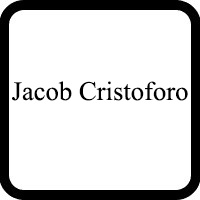Glennie RICO Act Lawyer, Michigan
Sponsored Law Firm
-
 x
x

Click For More Info:
-
Hannawa Law PC
2909 E Big Beaver Rd Troy, MI 48083» view mapCriminal Defense Law Full-service legal experts on your side.
Whatever the specific details of your situation may be, our attorneys are ready to fight for you and guide you through every step of the process.
248-466-0770
Not enough matches for Glennie RICO Act lawyer.
Below are all Glennie Criminal lawyers.
Jacob Anthony Cristoforo
✓ VERIFIEDCriminal, Divorce & Family Law, Litigation, Traffic, Misdemeanor
Jacob Cristoforo is a practicing attorney in the state of Michigan.
Keith E. Moir
Family Law, Criminal, Civil & Human Rights, Accident & Injury
Status: In Good Standing Licensed: 41 Years
Casandra L. Morse-Bills
Criminal, Family Law, Children's Rights, Federal Appellate Practice
Status: In Good Standing Licensed: 14 Years
Scott M. Williams
Criminal, Family Law, Estate Planning, Estate
Status: In Good Standing Licensed: 30 Years
 Nickolas Hannawa Troy, MI
Nickolas Hannawa Troy, MI AboutHannawa Law PC
AboutHannawa Law PC

